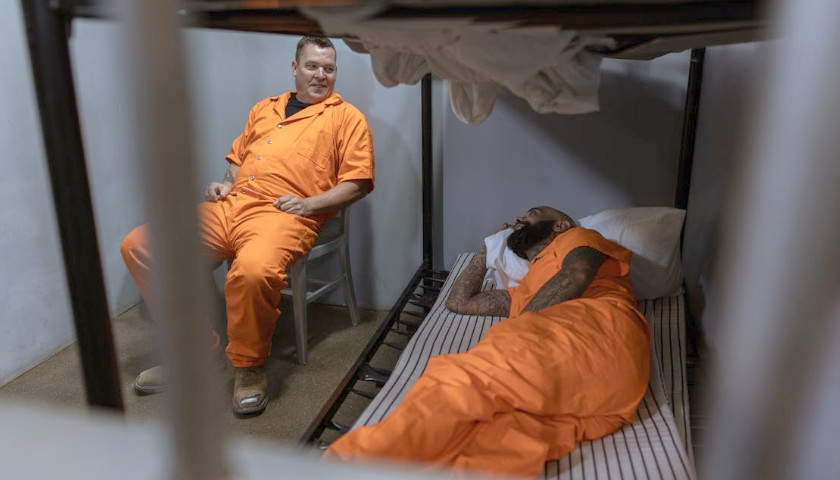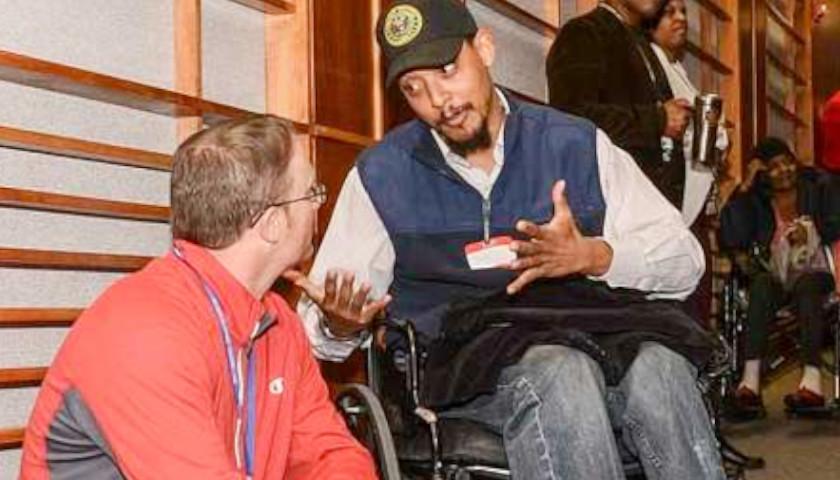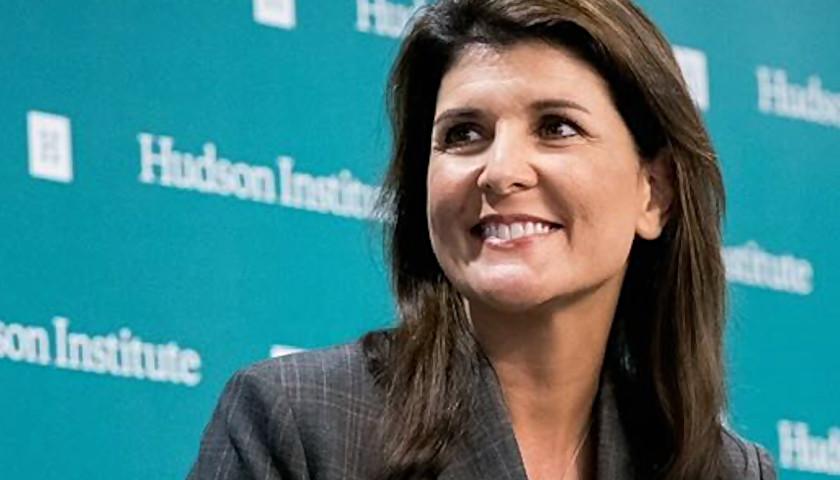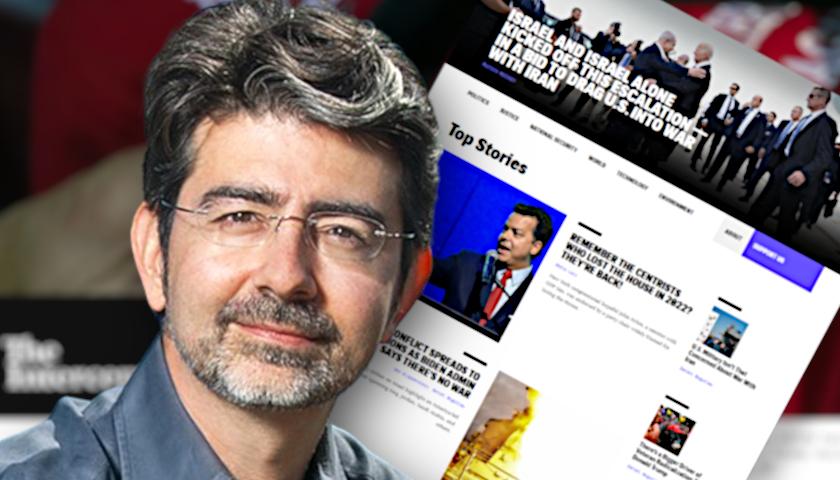by Anthony Hennen
In Pennsylvania, a phone call from a local jail can cost more than three times the cost of one from a state prison.
Thanks to the outsourcing of phone services, high costs get passed off to families of inmates, many of whom are less well-off than the median Pennsylvania family.
The risk is the loss of ties to family and community.
A report from the Prison Policy Initiative surveyed the cost of phone calls in jails and prisons across the United States. Low-cost phone calls are the exception, not the norm. While a few states have calls as cheap as 1 or 2 cents per minute, most jails charge 10 times that number.
Pennsylvania, while not one of the worst states, nonetheless lags behind many other states, including its neighbors.
The last decade has had a decline in call rates, especially after FCC reforms that capped the cost of out-of-state call rates in 2014. In-state call rates then followed.
“Prison and jail phone companies charge two separate (and often different) rates depending on whether a call is between people in the same state or people in different states,” the report said. “When the FCC capped the cost of out-of-state calls from prisons and jails in 2014, rates instantly fell below the less-aggressively-regulated in-state calls. Within a few years – largely because of pressure from family members – state prisons lowered their in-state rates as well.”
Pennsylvania charged $5.99 for a 15-minute in-state phone call in its prisons in 2008. By 2015, it had fallen slightly, to $5.31, before dramatically falling to 90 cents in 2016, where it remains. Out-of-state calls had been $10.50 in 2008 and are now also 90 cents.
The high cost of calls “takes place in a broader context,” said Wanda Bertram, Prison Policy Initiative’s communications strategist, “which is that prisons and jails for decades have been involved in privatizing many different aspects of prison life.”
Compared to its neighbors, Pennsylvania is the most expensive place for an inmate to talk to their family.
New Jersey charges 66 cents for 15-minute phone calls, in-state or out-of-state. Delaware and New York charge 60 cents, Maryland charges 48 cents, and West Virginia charges 45 cents. Ohio is even cheaper: 30 cents.
Jails tend to be more expensive than state prisons, which often negotiate down rates and benefit from one centralized agency. County jails have no such structure, operating on a local level and may prioritize other concerns.
The average phone call from a Pennsylvania jail is 3.2 times as expensive as the same call from a state prison, the report noted.
Those expenses add up for families, who pay the cost. Other states and localities have moved away from that model. Connecticut passed a law in 2021 that guaranteed free calls. San Francisco, San Diego, and New York City have done the same for local jails, and Dallas and Austin have negotiated down costs to 1 cent per minute.
Doing so, Bertram argued, delivers benefits to the public and prison staff.
“It encourages rather than punishes family connections between incarcerated people and their loved ones, which is great for mental health, it’s great for physical health … it’s great for recidivism rates, people’s success after prison, it’s great for the safety of the facility,” she said.
It also avoids a regressive fee.
“What you might say is that because the jails themselves are using revenue from incarcerated people’s loved ones from their phone calls to actually fund local jail operations…that I think should be considered a regressive tax,” Bertram said. “You’re paying for the funding of a public utility that should be considered a public good.”
To avoid the regressive effects, PPI argued for local governments to cap rates and fees, and for state prison phone contracts to allow county jails to opt-in for similar rates.
– – –
Anthony Hennen is a reporter for The Center Square. Previously, he worked for Philadelphia Weekly and the James G. Martin Center for Academic Renewal. He is managing editor of Expatalachians, a journalism project focused on the Appalachian region.




